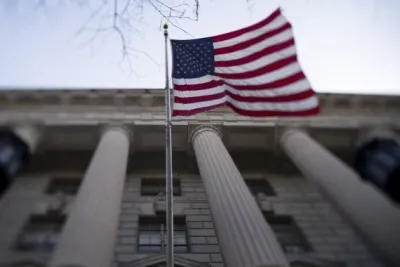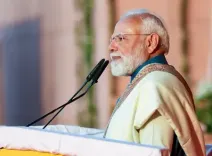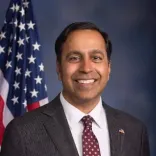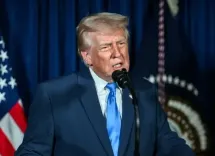Did the MP High Court Order a Human Rights Investigation into Gangster Humiliation?
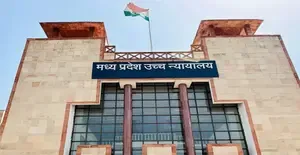
Synopsis
Key Takeaways
- Madhya Pradesh High Court orders investigation into police actions.
- Allegations of humiliation against gangster Zubair Maulana are serious.
- Concerns raised about police conduct and human rights violations.
- Legal representation underscores the importance of advocacy in such cases.
- The case highlights the need for accountability within law enforcement.
Bhopal, July 18 (NationPress) The Jabalpur bench of the Madhya Pradesh High Court has issued a directive to the State Human Rights Commission to investigate the purported humiliation of infamous gangster Zubair Maulana, who was publicly paraded by police following his arrest in Bhopal on May 9.
The ruling stemmed from a petition submitted by Zubair's spouse, Shameem Bano, who accused the Bhopal police of subjecting her husband to humiliation and infringing upon his religious rights.
She claimed that after Zubair's arrest, the police forcibly shaved his head, beard, and moustache, acts that contradict Islamic traditions.
Advocate Prashant Chourasia, representing Shameem Bano in court, stated that the judiciary recognized the police's transgressions against Articles 21, 22, and 25 of the Constitution.
The single-judge bench presided over by Justice Vishal Mishra has mandated the State Human Rights Commission to look into the issue and undertake necessary actions.
Zubair Maulana, a well-known criminal implicated in multiple cases, was apprehended following a violent incident on May 6, during which he and 10 to 12 accomplices invaded rival gangster Saad Khan's residence and discharged firearms.
On that same day, Zubair and his gang confronted Faizal, Saad Khan's brother-in-law, at his home in Indira Nagar, Teela Jamalpura, in Bhopal, firing shots into the air to instill fear.
Upon receiving alerts, Zubair and three of his associates were eventually captured at a farmhouse, identified as Zubair's hideout.
The police confiscated a country-made pistol, four live cartridges, and three knives from the criminals.
Subsequently, Bhopal police staged a procession, dragging Zubair through the streets. A video capturing Zubair's public parade and the shaving of his head, beard, and moustache ignited a controversy.
However, police officials denied any wrongdoing, asserting that Zubair had altered his appearance to evade recognition and mislead them.
Authorities claimed that Zubair had already shaved his head, beard, and moustache at the time of his arrest.


